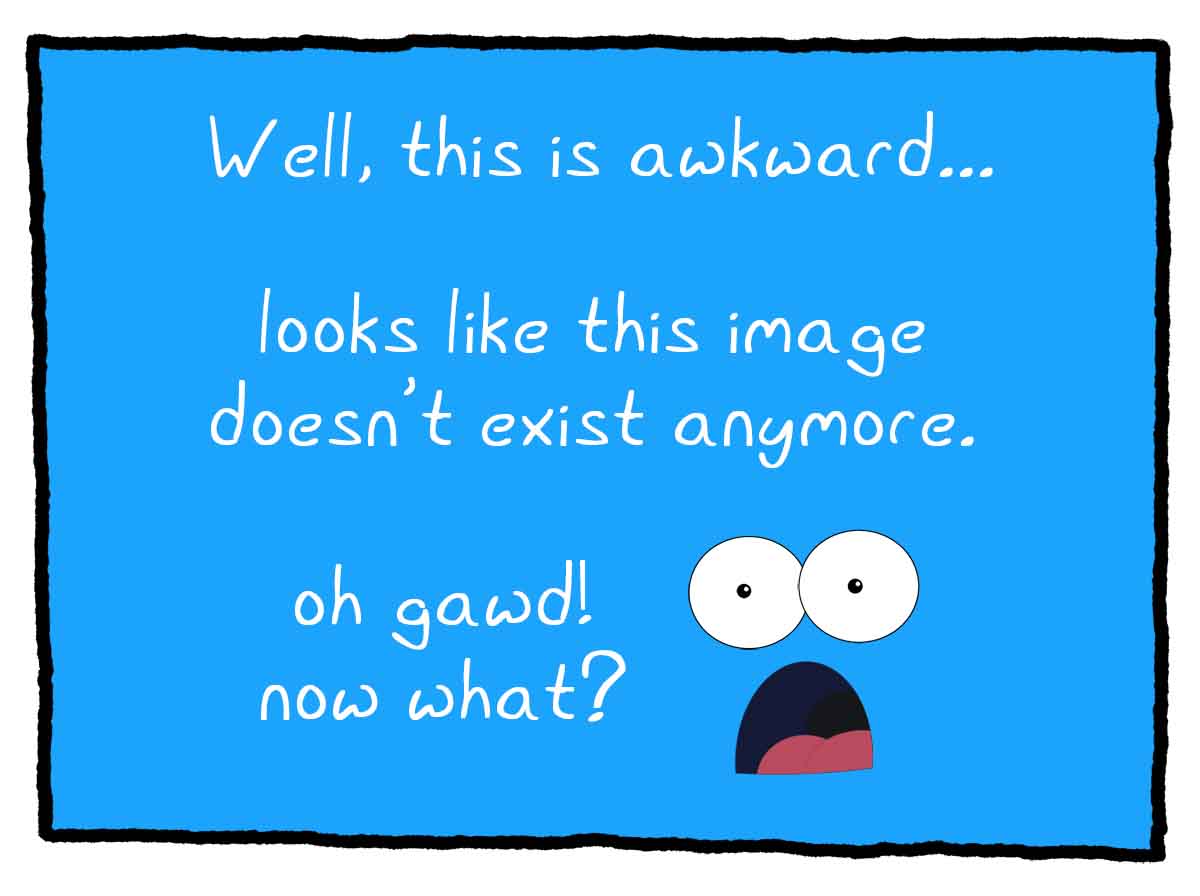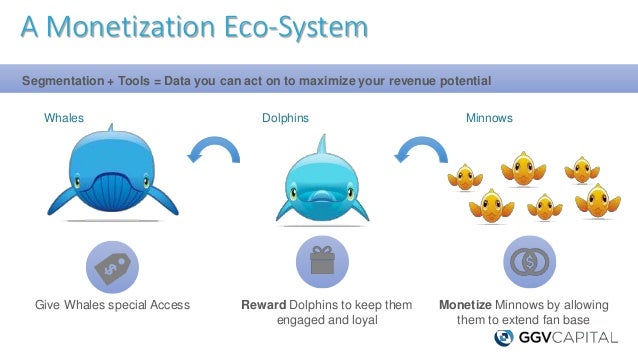Balloers100;n9889761 said:You realize a video game like Overwatch which sold something like 30+ million copies at $60 dollars (USD) and less Blizzard Entertainment can keep on supporting it and release cosmetic items for years and years, since they earned over $1+ billion dollars (USD) in selling the video game?
Heroes of the Storm can be changed from a Free to Play (F2P) video game to a paid video game for $30 dollars (USD) and get expansion packs released for sale as well.
Change all Free to Play (F2P) video games to paid video games, unless they are MMO video games then those I guess can stay Free to Play (F2P) because no other MMO video game will ever top World of Warcraft's $15 dollars (USD) a month subscription.
World of Warcraft is the only MMO video game I actually play and have been paying $15 dollars (USD) a month for World of Warcraft.
I play EVE Online as well.
I play The Elder Scrolls Online also.
I rarely or don't even play Free to Play (F2P) video games.
Any video game that is Free to Play (F2P) if it goes to become a paid video game then I will purchase it from gog.com or pay $15 dollars (USD) if it's a MMO like World of Warcraft or Final Fantasy XIV.
That's not at all how game development works, as much as I wish that wasn't the case. Do you know how much money 3D modelling, animation, concept art, etc. costs in a game like Overwatch?
A metric f***ton. $1 billion seems like a lot to the average gamer, myself included - but game development and design costs WAY, way more than that for a game like OW. We are talking billions of dollars, not millions or hundreds of millions. Ongoing Q&A testing, constant balance patches, new heroes (with art, gameplay mechanics, voice lines and cosmetic skins to go with them), new maps (With all the art, mechanics, etc. that go with them), customer support for millions of players (due to it being a multiplayer title).
Every single time Blizzard releases a new hero or map, they have to balance it around every single other hero in the game - they can't just throw in a new hero and say "hey look at these sick abilities! Who cares how they interact with other characters' abilities, have fun!". As they add new maps and heroes to the game, the development time goes up exponentially. This is why it takes so long to release extensive balance patches and new heroes.
This stuff costs a crap ton of money. Multiplayer games, especially ones that don't have paid DLC, must recoup these costs somewhere. Singleplayer games, of course, should always be microtransaction-free - no exceptions.
Finally, Blizzard doesn't think in terms of 2 or 3 years from now - they think in terms of 10, 15 years from now. That's why WoW is still around. If Overwatch was just going to survive on its own sale price, it would be dead within a few years at BEST. Blizzard wants Overwatch to become like TF2 - they want to support the game for years and years, and keep adding high quality content to it. And that is what the players want, too.
Just to be clear here, I'm on your side in spirit. If I had my way, I'd remove all micro transactions from all games - period. They'd be gone in a heartbeat. But I'm just trying to explain that business realities have to win out in the end.
exogenesis09;n9889771 said:THIS! This is what I want to say and smack this into their face to Microtransaction Haters. They feel like they are the victim but in the reality of business they are also a victim as well. Just like he said about cosmetics and stuffs, I also want to add about the Piracy of the Single Player games in the game industry that’s still unavoidable until now.
One of the reason why CEO Kiciński is teasing the Online Elements of Cyberpunk 2077 it’s because of this. He want to practice a Online Business Services such as Blizzard for his Games and I’m totally support for that because they have right to deserve it. CDPR wants to give us more greater experience for the game where us and them works right. Blizzard Game such as WoW and Overwatch doesn’t practice what EA does. They have different games and way of service for customers. CDPR wants to have that kind of service too for us fans and their customers. I’m completely not against for that idea and I wish they will become more like Blizzard Entertainment when it comes to reputation of the company.
Let’s support CDPR until they explain us what is their truly goal for this Cyberpunk 2077 and their future.
For what it's worth, Piracy has been proven to have no impact on sales. Just wanted to throw that out there. Indeed, theres some evidence that suggests it might actually HELP video game sales in particular.
Also, CP2077 won't have any micro transactions or games as a service things, nor would I want it to. Single player games are a separate beast. I will only accept microtransactions in multiplayer titles, where the ongoing costs justify that sort of monetization.
What I do like about CDPR is that they are starting to diversify. Their singleplayer titles will undoubtedly continue as they have -- without loot boxes, microtransactions, etc -- but they are starting to add smaller F2P games to their line-up that will have some of those elements. People underestimate how much Gwent's success will positively impact the rest of CDPR';s endeavours. They can throw their "games as service" online mechanics into a game like Gwent, and use that money to fund the very customer-centric titles like Witcher 3 and (I presume) Cyberpunk 2077.
Last edited:






